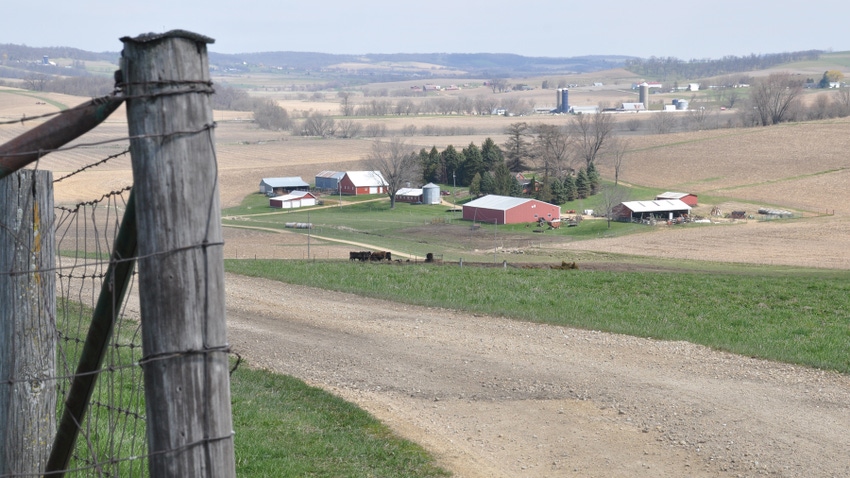February 5, 2024

When I speak publicly about how important it is to plan ahead so your farm will thrive into future generations, the central topic is trusts. A trust is the best tool available to place long-term protections and instructions around your farm.
There seems to be a persistent misunderstanding about what sort of trust I mean. People come up to me afterward, smile with satisfaction, and say, “We already have a trust.” But it’s clear they are not talking about the same trust that I’m talking about.
Most estate planning these days starts with a revocable living trust. That document, as compared to a last will and testament, is a better way to spell out who gets what when you die. The living trust allows you to avoid the expense and publicity of probate proceedings on death. A living trust is a great way to plan for your disability as well, with more specificity and privacy than powers of attorney, for example.
That’s the kind of trust most people mean when they tell me they already have a trust. Nothing wrong with that. But that is not the kind of trust that will contribute to the future success of your farm. Most living trusts serve only a short-term purpose: Divide and distribute your assets to you children promptly upon your death.
The trust you need
The type of trust that will help your farm thrive into future generations will typically become active at your death. For simplicity, let’s call it an heir’s trust. It has to be written before your death, of course, since you must be the creator; heirs cannot create it for themselves. The heir’s trust may be written in a standalone document, but more likely it is written into the same document that created your living trust. For most families, you should create an heir’s trust for each child, since different children might inherit different assets and have different interests in the farm.
Why are heir’s trusts key to the longevity of your farm?
Protection. First, the heir’s trust protects each heir’s inheritance from catastrophes like lawsuits and divorce, either of which could wipe out the farm. Whatever each child inherits from you will remain safely invested as the child chooses until they spend it. Whatever is not spent in any given year remains protected and invested for the future, and the trust can reduce income taxes. When the child passes, whatever is left of their heir’s trust will pass according to the child’s wishes, but will not be reported as part of their taxable estate.
The heir’s trust is sort of like a safe: Your plan, on your death, puts each child’s inheritance in a safe; then that safe is handed over to the child. The child has the key and combination to access what is inside, but catastrophes can’t “steal” the farm.
Stipulations. Second, leaving land in an heir’s trust allows you to include appropriate stipulations. Many farmers tell me, “I want to be fair to all the children, and I feel like I should leave some of the land to the nonfarmers. But what’s to keep them from selling that land out from under the farmer? As a matter of fact, I want to guarantee that the farmer can always rent from the other kids at a reasonable rate.”
As much as we say we “don’t want to control from the grave,” this is a perfectly legitimate desire to control from the grave!
Such stipulations are written into the heir’s trust terms. The heir’s trust for a nonfarming child might say they cannot sell the land and must rent it to the farming sibling. Or, if they want to sell, they have to offer it at a discounted price to the farmer. Maybe the farming sibling has the right to buy on an installment contract so it is more affordable. What about wind and solar? If it matches your long-range farm preservation objectives, you could prohibit solar panels on the inherited land.
Reasonable stipulations you place on the nonfarming children help assure that the child who committed to carrying on your farming legacy has the best chance of succeeding in that endeavor.
So, you have a trust? That doesn’t speak to whether your farm will thrive beyond your death. More importantly, will your estate plan create heir’s trusts to support the continuation of your farming legacy?
About the Author(s)
You May Also Like






